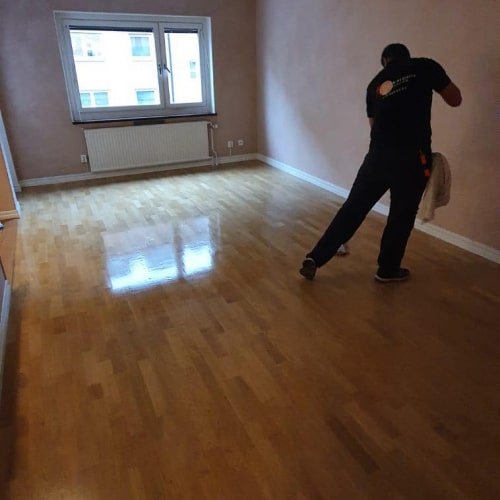
Effective Cleaning with Vinegar: Versatile Uses and Tips
In a world where eco-friendly and sustainable solutions are increasingly important, vinegar is emerging as a simple but powerful tool in every home. This guide explores the many uses of vinegar, from basic properties to specific tips for cleaning. Read on to discover how this everyday kitchen storage can turn your cleaning into an environmentally conscious and efficient experience.
Basic Characteristics and Benefits of Vinegar as a Cleaning Agent
Vinegar is more than just an ingredient in your cooking. Its unique properties make it an excellent cleaning agent. In this section, we will explore why vinegar is such an effective and environmentally friendly option for home cleaning.
Why Vinegar is an Environmentally Friendly and Effective Cleaning Option
With its high acetic acid content, vinegar is an excellent enemy of dirt and bacteria. Its natural and non-toxic nature makes it a safe and environmentally friendly choice for the home. Unlike many commercial cleaners that contain harmful chemicals, vinegar is gentle on the environment and helps reduce your ecological footprint.
How Vinegar Works: The Science Behind its Cleaning Effect
Vinegar's effectiveness as a cleaning agent comes from its acidic nature. The acetic acid effectively dissolves mineral deposits, grease and dirt, making it easy to clean everything from ovens to tile joints. This acidic property is also why vinegar is so effective at descaling and stain removal.
Step-by-Step Guide to Cleaning your Oven with Vinegar
Cleaning the oven can be one of the most challenging tasks in the kitchen, but vinegar makes it easier. Here's a step-by-step guide to making your oven shine again using this versatile household product.
Preparation: Removing oven racks and accessories
Before you start, make sure to remove all grids and removable parts from the oven. These can be cleaned separately. Also make sure the oven is completely turned off and cool to avoid burns.
Applying Vinegar-Paste: Mixing and Application Techniques
To make your cleaning paste, mix vinegar with a little water and baking soda to a smooth consistency. Apply the paste to the inside of the oven, focusing especially on areas with burnt-in dirt and grease. Leave on for at least an hour before scrubbing off the dirt and wiping clean with a damp cloth.
Vinegar for Ice-Free Windscreens: A Simple Housewife Trick
As well as being a great help in the kitchen and for general cleaning, vinegar has a lesser known but equally impressive use - keeping car windscreens free of ice during cold winter months. Let's explore how to easily mix and use this solution.
How to Mix and Use Vinegar for Ice-Free Car Windows
To create an effective ice-free solution, mix equal parts water and vinegar in a spray bottle. Spray the mixture on the car's windscreens the night before frost is expected. Acetic acid prevents ice formation, making your morning routine much easier.
The Advantages of Vinegar Compared to Traditional Defrosting Methods
Vinegar is not only effective but also environmentally friendly and economical compared to many commercial defrosting products. It is gentle on both the car and nature, and saves you time and money.
The Versatility of Vinegar: From Cleaning to Stain Removal
The uses of etchings go far beyond basic cleaning. In this section, we explore how you can use vinegar to make your bathroom sparkling clean and your windows crystal clear.
Vinegar in the bathroom: cleaning tile joints and toilets
To clean tile joints, apply a mixture of vinegar and water directly to the joints and let it work before scrubbing. You can pour vinegar into the toilet and leave it overnight to dissolve lime and dirt.
Vinegar as a window cleaner and descaler
Mix vinegar with water in a spray bottle to easily clean windows without streaks. For descaling kitchen and bathroom fittings, soak a cloth in vinegar and wrap it around the tap. Leave on and then rinse for shiny results.
FAQ - Cleaning with vinegar
Frequently Asked Questions about cleaning with vinegar
Can vinegar damage surfaces or materials?
Although vinegar is safe for most surfaces, it should be used with caution on sensitive materials such as marble or certain metals.
How long should vinegar work for the best effect?
It depends on the area of use. For tough stains, you may want to leave the vinegar on for up to an hour.
Can I mix vinegar with other cleaning products for better results?
No, it is not recommended to mix vinegar with other cleaners, especially bleach, as it can create harmful fumes.
Is vinegar safe to use in homes with pets and children?
Yes, vinegar is a safe option in homes with small children and pets, but should still be kept out of their reach.
What is the best way to store vinegar?
Store vinegar in a well-sealed bottle in a cool and dark place to maintain its strength and effectiveness.



